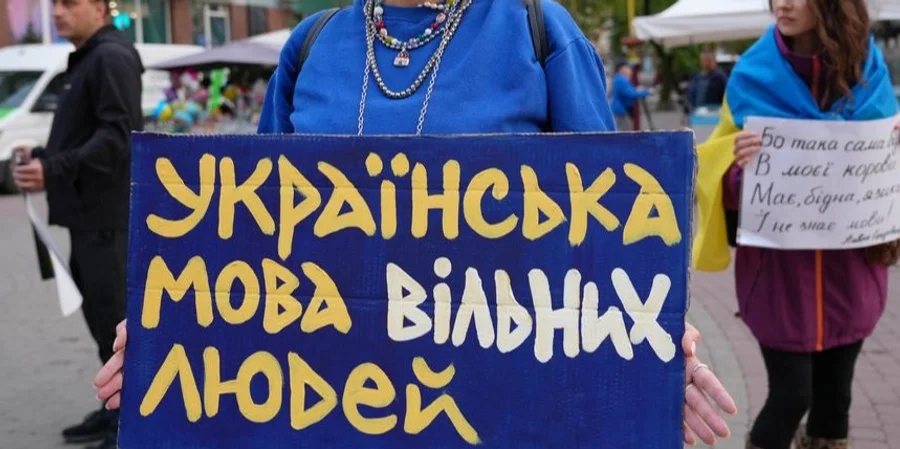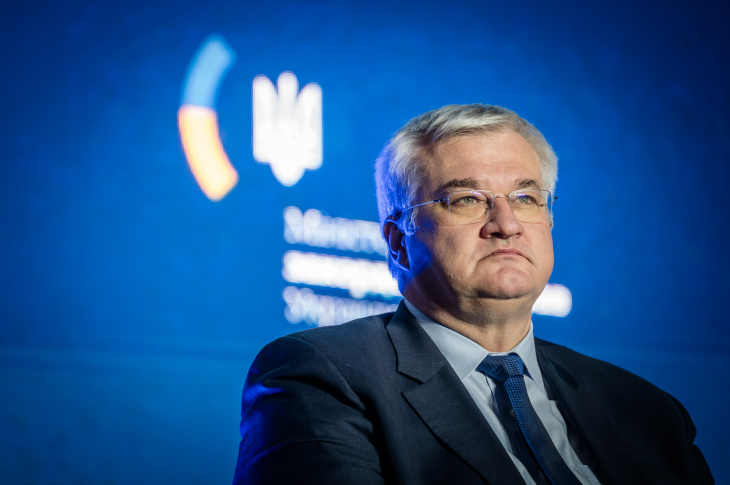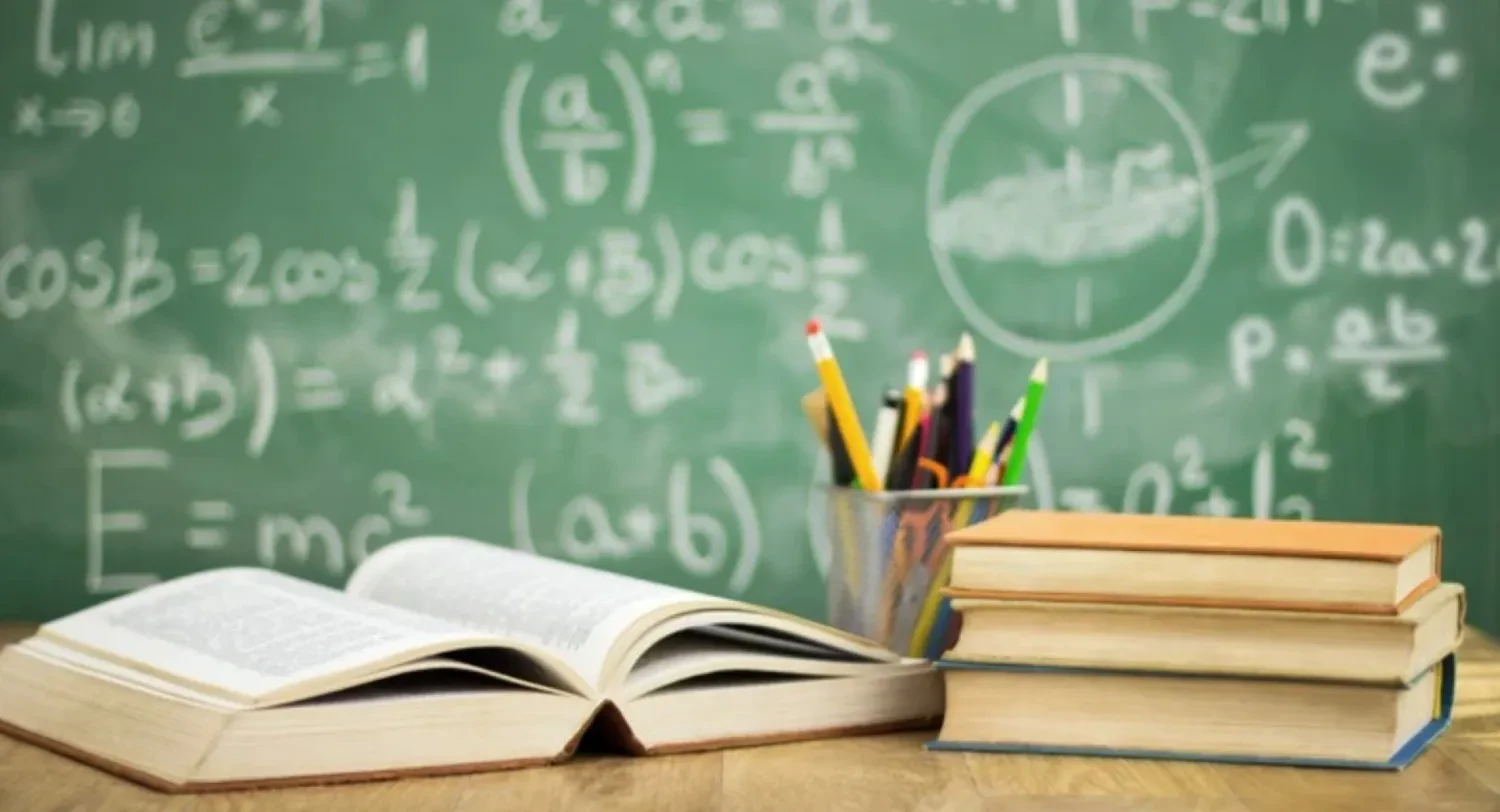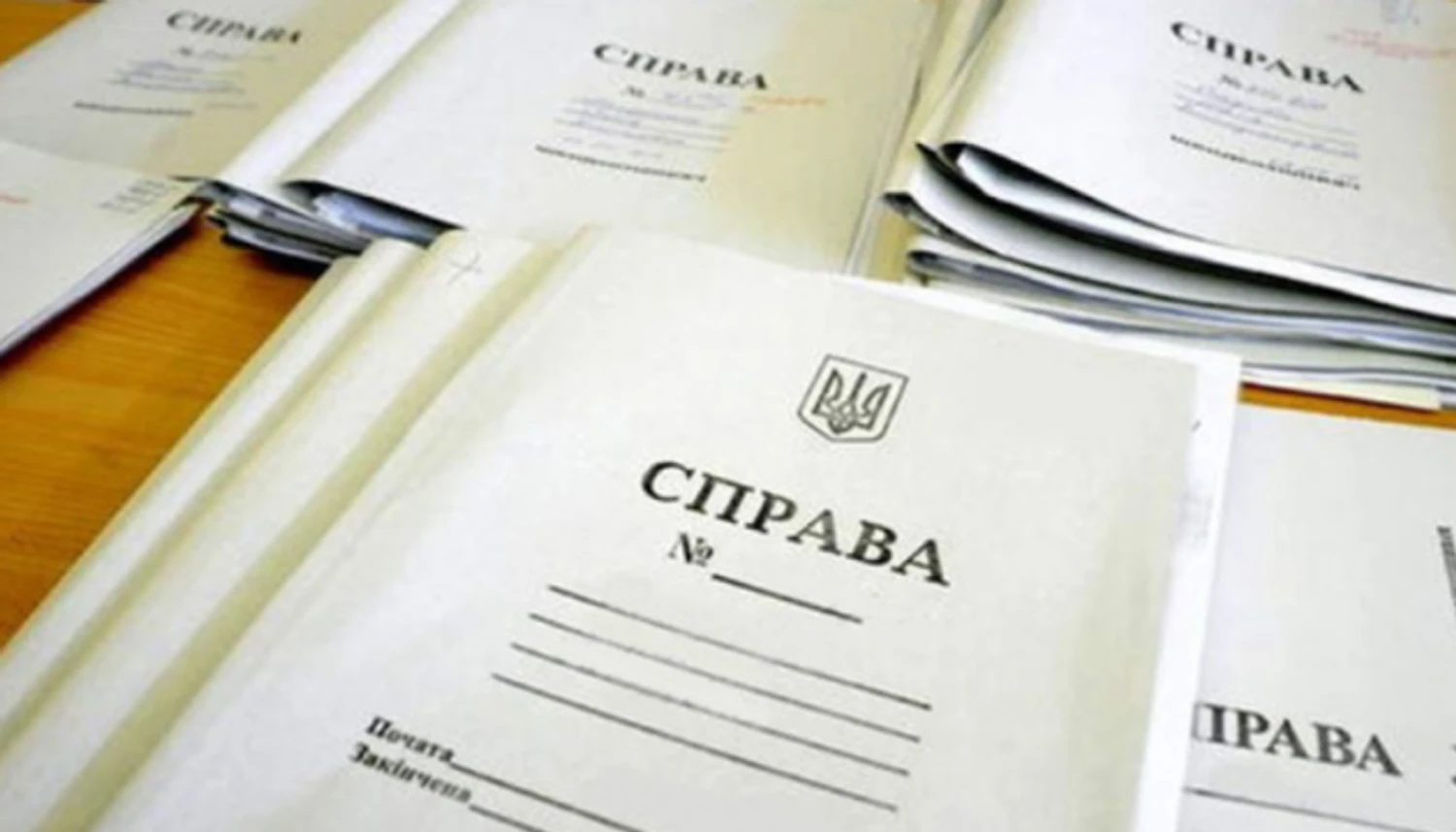On October 27, Ukraine celebrates the Day of Ukrainian Writing and Language. Sociological surveys indicate that in the 12th year of the war with Russia, 96% of Ukrainians are proud of their language or have a positive attitude towards it.
The holiday has been officially celebrated since 1997. Previously, it was observed on November 9 — the day of remembrance of St. Nestor the Chronicler. After the transition of the Orthodox Church of Ukraine and the Ukrainian Greek Catholic Church to the New Julian calendar, the date changed: now both the Day of Writing and St. Nestor's Day are celebrated on October 27.
Nestor the Chronicler is the author of the Primary Chronicle, compiled in the early 12th century. The chronicle combines Church Slavonic language and living Ukrainian vocabulary. According to Professor Vasyl Yaremenko, in Nestor's text, "there is not a single Russian word, and Ukrainian vocabulary flows in a continuous stream." Among the preserved words are: brave, to possess, to cut, to say, to create, to languish, to steal, shame, longing, spouse, jug, ignoramus, to plow, laborer, never, rye, Kyivans, arable land, retinue, dawn.
Ukrainians traditionally test their language knowledge during the National Unity Radio Dictation. Sociology shows that during the war, the status of the Ukrainian language has significantly strengthened:
-
63% speak Ukrainian at home — the highest rate since 2011, while another 27% use both Ukrainian and Russian.
-
78% consider Ukrainian their native language (up from 60% in 2015), and another 13% consider both Ukrainian and Russian.
-
58% oppose the teaching of Russian in schools.
-
Strategic Ukrainization is the most acceptable language policy for the majority of Ukrainians, meaning strengthening Ukrainian without pressure on the use of Russian.
-
96% are proud of the Ukrainian language or have a positive attitude towards it.
-
75.5% consider Ukrainian a prestigious language among friends, colleagues, and in education, while only 6% consider Russian prestigious, and 16% have no preferences.
These figures indicate that the war has significantly strengthened the position of the Ukrainian language in society, enhancing its prestige and citizens' confidence in their cultural identity.



